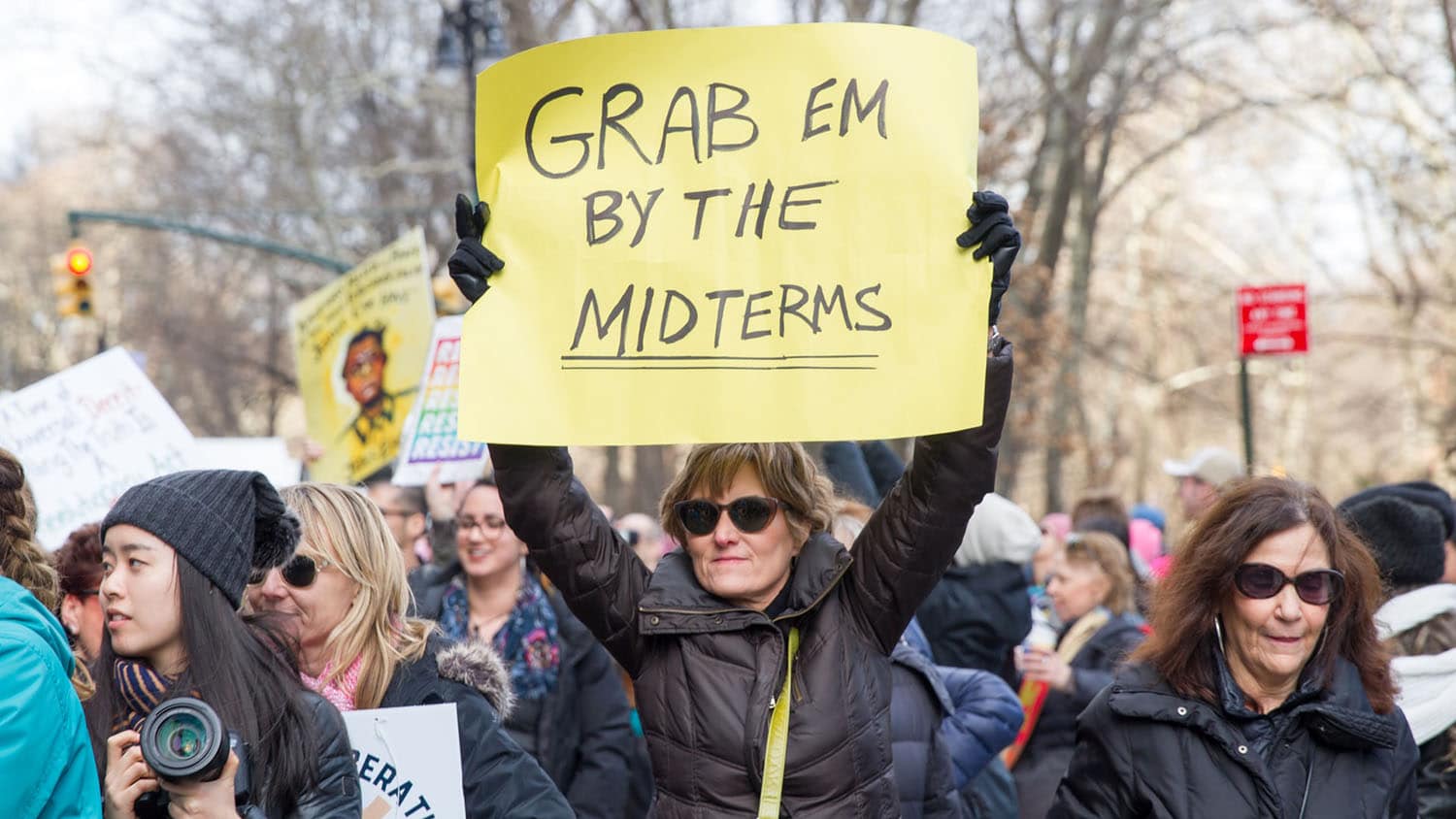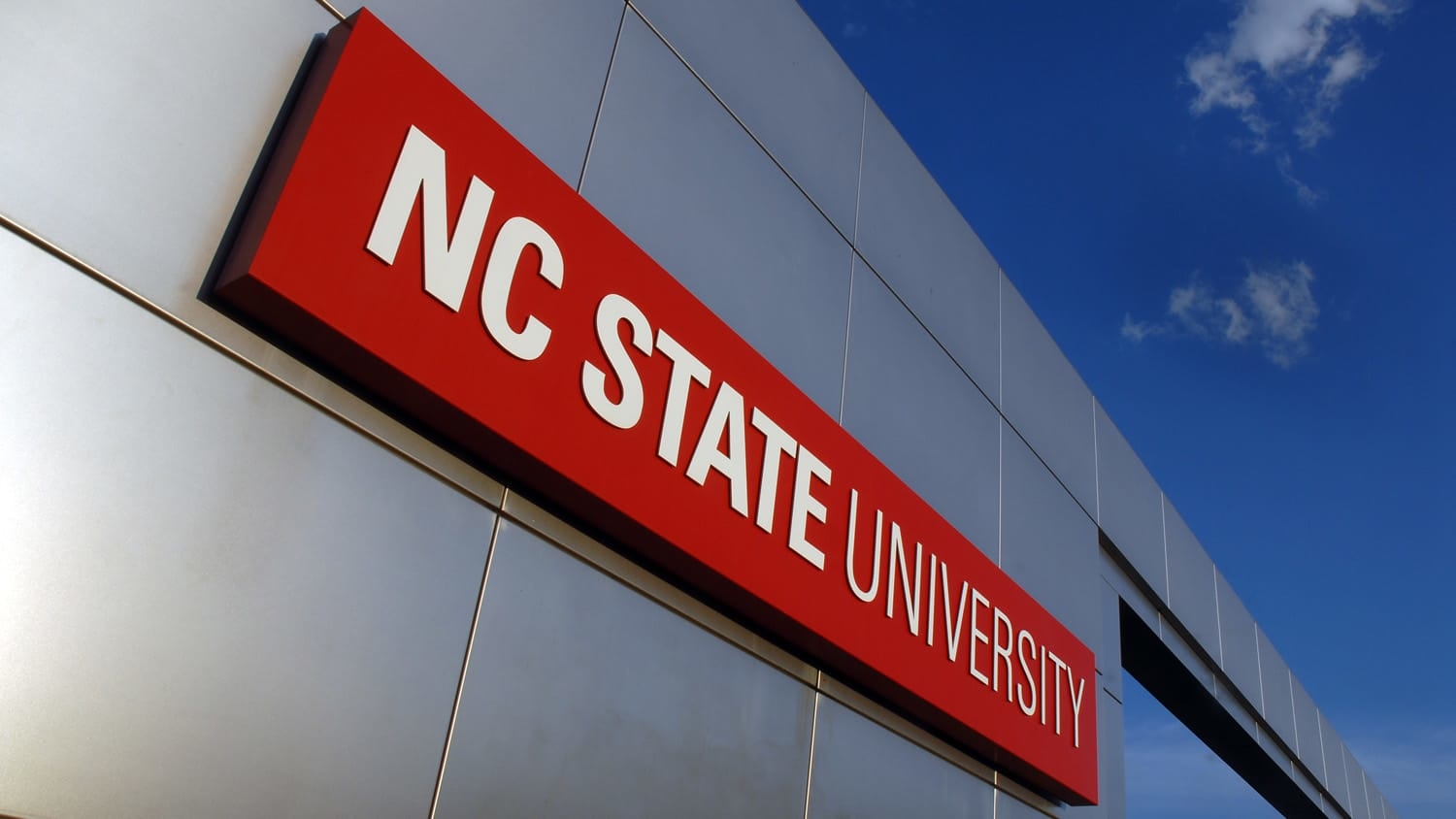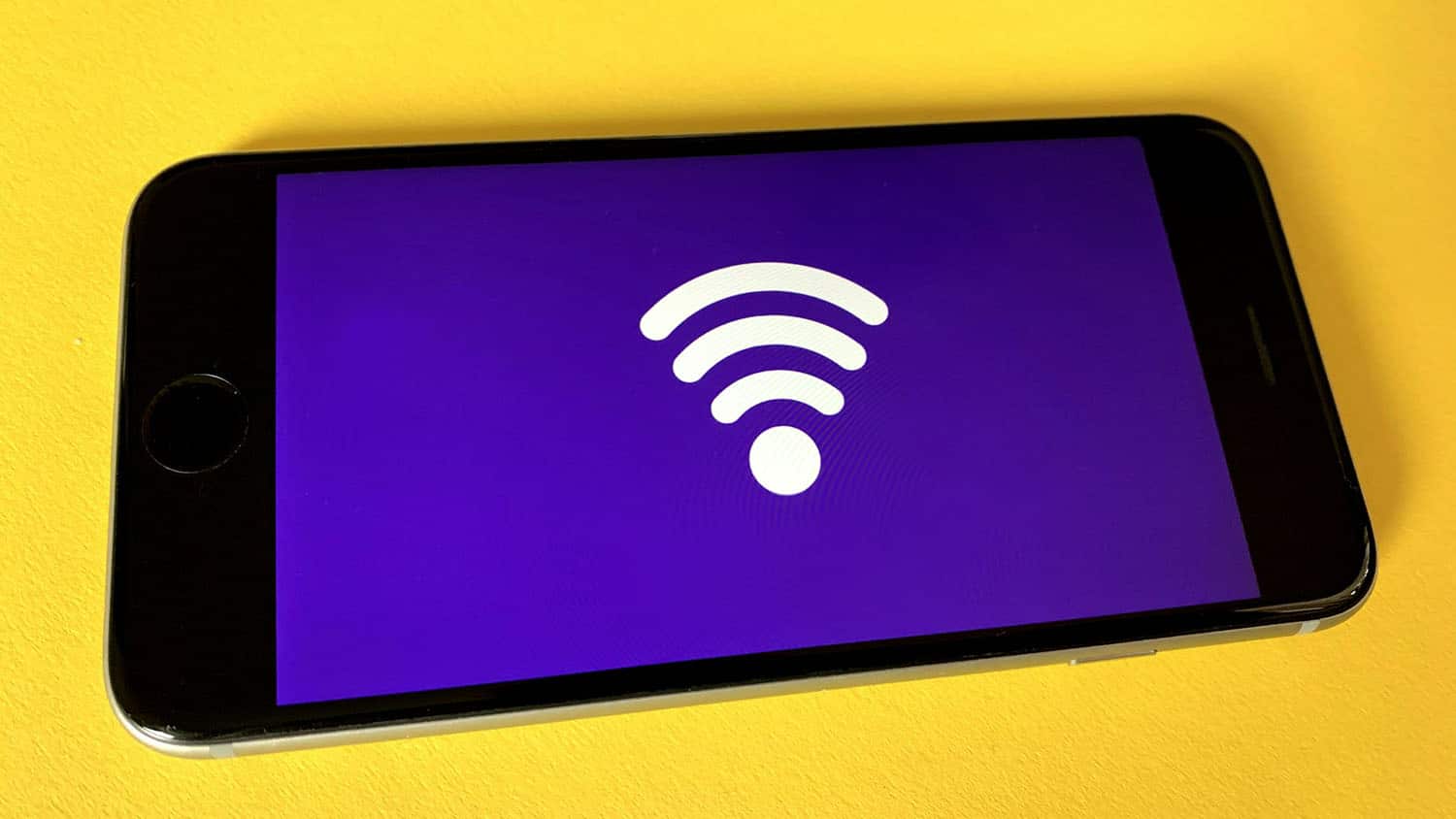For Immediate Release
A new study from North Carolina State University finds that anticipating future stress related to political elections can affect people’s emotional well-being before anything has even happened. But a related study shows that education can help protect people against those stresses – even for individuals who are actively engaged in the political process.
“We know people can feel stress in anticipation of an event, and we know elections can be stressful for people,” says Shevaun Neupert, senior author of both studies and a professor of psychology at NC State. “We wanted to learn more about how much stress people feel leading up to an election, and what factors contribute to that stress. Ultimately, we wanted to get insights that can be used to help people manage these stresses.”
“In the first study, we wanted to learn how – if at all – anticipating election stress in the near future affected people’s emotional well-being in the moment,” says Xianghe Zhu, first author of that study and a postdoctoral researcher at Florida State University who worked on the research while a graduate student at NC State. “Does anything moderate that anticipated stress and how people respond to it?”
“Even if you’re not politically active, news and events related to major elections are unavoidable,” says Emily Smith, co-author of the second study and a postdoctoral researcher at NC State. “Our second study addresses questions such as whether politically active people are more likely to have stressful experiences during election season. As it turns out, the answer is complicated.”
Both studies draw on data collected from 140 adults from across the United States. These study participants were asked to fill out an online survey every day for 30 days, from Oct. 15 to Nov. 13, 2018 – the weeks immediately before and after the 2018 midterm elections.
The survey focused on four things. One set of questions was designed to capture the political activities a study participant engaged in that day, ranging from sharing information about political issues to working on behalf of a political candidate. A second set of questions focused on “election stress anticipation,” or the extent to which participants expected to feel stress related to the election on the following day. A third set of questions captured how often the participant had encountered things that day which could trigger election stress. These “election stressors” included things such as political ads or social media posts. Lastly, the survey included questions aimed at assessing each participant’s “negative affect” each day. For example, asking participants whether they felt upset, hostile, ashamed, nervous or afraid.
The first study analyzed survey data from 125 of the participants to examine the relationship between anticipating stress and negative affect. Fifteen of the participants were excluded from this study because they didn’t answer some of the questions that were relevant to this particular analysis.
“We found that when people anticipate election stress, they also experience greater negative affect – regardless of whether they experienced any election stressors that day,” Zhu says. “In other words, if someone was expecting to experience election stress on a Monday, they were more likely to feel upset, nervous, etc., on Sunday – even if they hadn’t experienced any election stressors on Sunday.”
“This first study shows that, in the context of election-related stress, there are real emotional consequences for things that haven’t even happened yet – and may not happen at all – simply because we expect them to happen,” Neupert says.
The second study, which incorporated data from all 140 participants, looked at anticipatory election stress and political activity.
“In the second study, we found that the more politically active people were, the more likely they were to encounter election-related stressors – which makes sense,” Neupert says. “However, this was mitigated by both age and education.
“In other words, the more educated people were, the fewer stressors they reported encountering when they increased their political participation. This was especially pronounced for younger adults – particularly people in their 20s.”
“One reason for this may be that the less social, political and economic power people have, the more likely their quality of life will be affected by policies that are influenced by elections,” says Smith. “And these marginalized groups also tend to have less access to higher education.”
“The second study also found that when people anticipated experiencing more election stress on a given day, they reported interacting with more election stressors on that day,” says Alexandra Early, first author of the study and an undergraduate at NC State. “For example, if someone said on Wednesday that they anticipated experiencing more election-related stress on Thursday, they were significantly more likely to report a higher number of election stressors on Thursday. And that held true for study participants of all ages and levels of education.”
The researchers note that the findings of both studies held true regardless of where participants were on the political spectrum.
“We think it is important for people to engage in the political process,” Neupert says. “However, it’s also important for people to take steps to protect their mental health and well-being. This study tells us that if you think you’re going to be feeling a lot of stress tomorrow related to an election, you’re probably right.
“If you’re anticipating a stressful day, make plans to fortify your mental health – set aside time to do something relaxing or fun to help you manage your stress,” Smith says.
“Given that we have midterm elections this year, and political ads are already ramping up, this is advice we can all put into action right away,” says Early.
The paper on the first study, “Anticipatory Stress during an Election: A Daily Diary Study,” is published in the International Journal of Psychology. The paper on the second study, “Age, Education, and Political Involvement Differences in Daily Election-Related Stress,” is published in the journal Current Psychology.
-shipman-
Note to Editors: The study abstract follows.
“Age, Education, and Political Involvement Differences in Daily Election-Related Stress”
Authors: Alexandra S. Early, Emily L. Smith and Shevaun D. Neupert, North Carolina State University
Published: May 28, Current Psychology
DOI: 10.1007/s12144-022-02979-2
Abstract: Stress in daily life is rather common, but elections can present unique challenges. Evaluating the impact of individual characteristics, behaviors, and political beliefs on stress processes is imperative to understanding how elections influence psychological well-being. Exploring how these individual and behavioral characteristics interacted to predict exposure to election-related stressors, we hypothesized that age, education, and past socio-political involvement would be associated with exposure to election-related stressors. In the 2018 U.S. Midterm Election Stress Coping and Prevention Every Day (ESCAPED) study, 140 participants in the United States and territories aged 19-86 were recruited through Amazon’s Mechanical Turk for a 30-day daily diary study. Collectively, participants completed a total of 1196 reports between October 15, 2018 and November 13, 2018. The midterm election was November 6, 2018. Each day, participants reported on past political participation, election stress anticipation, and exposure to election-related stressors. Confirming our hypothesis, on days when people were more politically active and on days when stress anticipation increased, exposure to election-related stressors increased. Age differences in exposure depended on political activity in the last 24 hours, with older adults exhibiting a steeper increase in exposure following political activity, especially if they were highly educated. However, higher education was protective against election-related stressors among younger adults even with increases in political activity. Individuals’ experiences, characteristics, and daily decisions influence the likelihood of exposure to election-related stressors. Additionally, for younger adults, education may function as a protective factor when they engage in political activities.
“Anticipatory Stress During an Election: A Daily Diary Study”
Authors: Xianghe Zhu and Shevaun D. Neupert, North Carolina State University
Published: May 2, International Journal of Psychology
DOI: 10.1002/ijop.12852
Abstract: Previous research on election stress has focused on reacting to stressors that already occurred, whereas the forecasting of future stressors and associated responses have been underexamined. Leveraging the 2018 U.S. midterm election, we examined anticipatory stress response, operationalized as the within-person association between daily stressors forecasting and negative affect (NA). We also explore whether such responses might be related to time, partisanship, and political orientation. Participants were 125 adults in the U.S. who provided 1056 daily reports in a 29-day daily diary study surrounding the election. Results indicated that daily forecasts of election stressors contributed to increased NA independent of election stressor exposure. Election stressor forecasting was more pronounced during pre-election days and the election day than post-election days, as well as greater in conservatives than liberals. Coping with anticipatory stress may be important for managing election stress.



